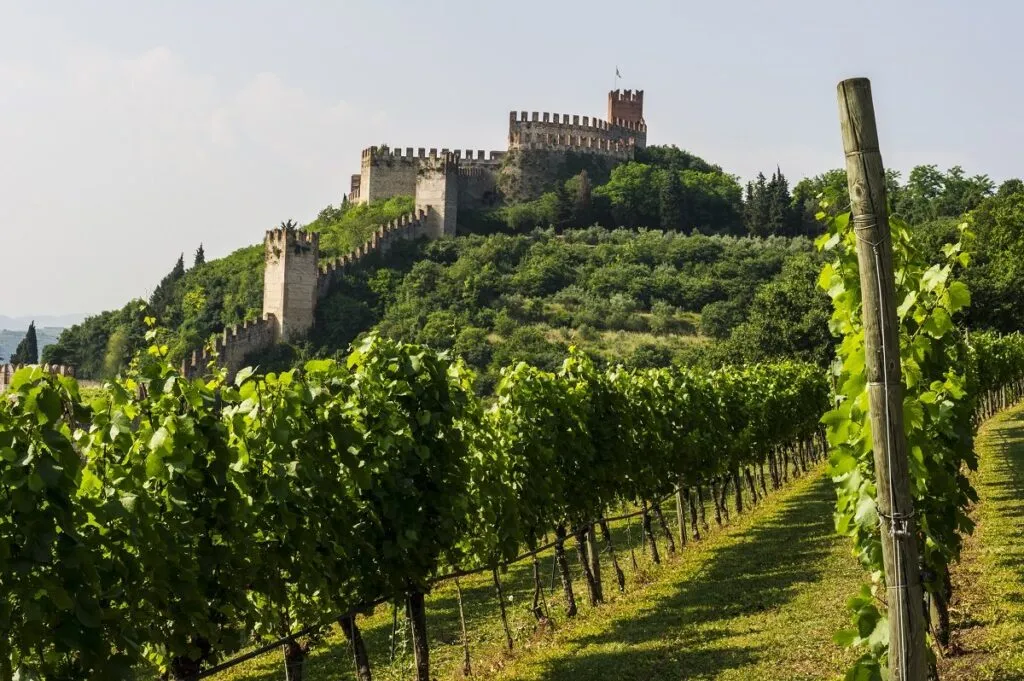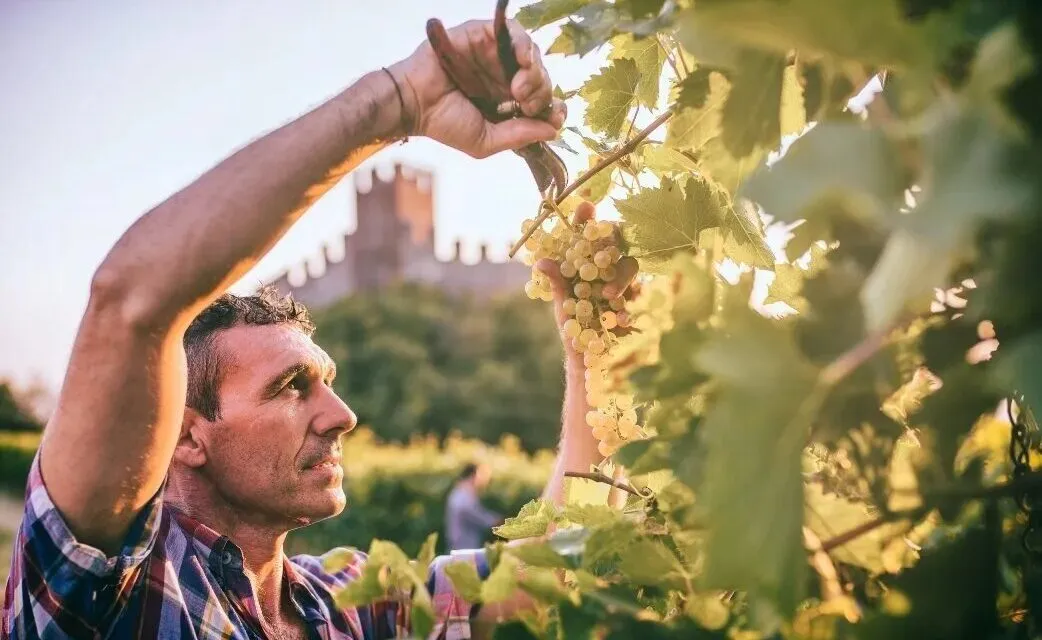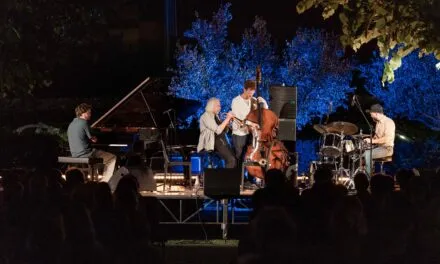Summer has come to an end, and the grape harvest season has returned to Soave. Not only farmers but also tourists are looking forward to experiencing the beauty and flavor of Veronese vineyards at this time of the year. Indeed, in recent years, a new experience has drawn an increasing number of tourists: the “tourist grape harvest season.” Visitors can step into the shoes of farmers and immerse themselves in nature for a few hours to uncover the secrets that give Soave wine its life. And recently, tourist grape harvesting across the entire Italian area has been regulated.
A few hours, or maybe a half-day, to get to know the region, to harvest grapes accompanied by the explanations of experienced hands who have been taking care of the vines for generations, and to immerse yourself in some of the most evocative landscapes. After the harvest, tourists can try the Veronese wine during a tour of the wineyard and taste the fruits of labor firsthand.
Soave is a Wine City town, and as such, it has developed a decalogue with the Labor Inspectorate that companies that want to offer this experience must follow. Indeed, while the tourism grape harvest is already popular with visitors, particularly foreigners, a set of laws to protect everyone’s safety was lacking. However, recent regulations have been put in place to ensure the well-being of all participants.

The grape harvest attracts slow tourists
Farmers came up with the idea a while ago, and now it will allow them to widen their offer to visitors who are increasingly turning to less touristy locations. So, cultural and humanistic history are mixed with the local food and enology to create vacations that are thoroughly immersed in culture and traditions.
Farms that want to participate in the tourist grape harvest initiative will simply need to obtain insurance and notify the municipality of Soave of its activation. In September, they will be able to welcome slow tourists to a region rich in history and culinary traditions that was recently designated as a worldwide agricultural heritage.














